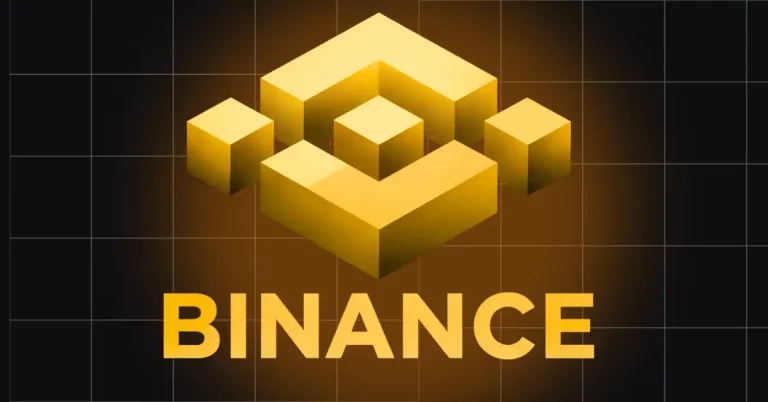
Navigating the Future: Emerging Trends in Fintech Technology
Introduction to Fintech
Fintech, a combination of finance and technology, has been revolutionizing the financial industry in recent years. With the rise of digital payments, mobile banking, and other financial technologies, the way we manage our finances has changed dramatically. Fintech is an emerging trend that is expected to continue shaping the financial landscape in the coming years.
Emerging Trends in Fintech
There are several emerging trends in fintech that are worth noting. These include the use of artificial intelligence and machine learning, blockchain technology, and the Internet of Things (IoT). These technologies have the potential to increase efficiency, reduce costs, and improve customer experience in the financial industry.
Artificial Intelligence and Machine Learning
Artificial intelligence (AI) and machine learning (ML) are being used in various applications in the financial industry, including fraud detection, risk management, and customer service. For example, AI-powered chatbots are being used to provide customer support and help customers with their financial queries.
Blockchain Technology
Blockchain technology is a decentralized, digital ledger that allows for secure and transparent transactions. It has the potential to increase efficiency and reduce costs in the financial industry, particularly in areas such as cross-border payments and securities trading.
Internet of Things (IoT)
The Internet of Things (IoT) refers to the network of physical devices, vehicles, and other items that are embedded with sensors, software, and connectivity, allowing them to collect and exchange data. In the financial industry, IoT can be used to track transactions, monitor accounts, and prevent fraud.
Impact of Fintech on the Financial Industry
The emerging trends in fintech have the potential to significantly impact the financial industry. They can increase efficiency, reduce costs, and improve customer experience. However, they also pose challenges, such as the need for increased cybersecurity and regulatory compliance.
Increased Efficiency
Fintech can increase efficiency in the financial industry by automating manual processes, reducing paperwork, and improving communication. For example, digital payments can reduce the need for cash and checks, making transactions faster and more convenient.
Reduced Costs
Fintech can reduce costs in the financial industry by decreasing the need for physical infrastructure, such as bank branches and ATMs. It can also reduce labor costs by automating manual processes and improving customer service.
Improved Customer Experience
Fintech can improve customer experience in the financial industry by providing personalized services, such as tailored investment advice and real-time account updates. It can also improve communication, making it easier for customers to get help and support when they need it.
Challenges and Limitations
While fintech has the potential to revolutionize the financial industry, there are also challenges and limitations that need to be addressed. These include the need for increased cybersecurity, regulatory compliance, and infrastructure development.
Cybersecurity
Cybersecurity is a major concern in the financial industry, particularly with the rise of digital payments and online banking. Fintech companies need to ensure that their systems and data are secure, to prevent hacking and other cyber threats.
Regulatory Compliance
Regulatory compliance is another challenge that fintech companies face. They need to comply with various regulations, such as anti-money laundering (AML) and know-your-customer (KYC) rules, to prevent financial crimes and ensure customer protection.
Infrastructure Development
Infrastructure development is necessary to support the growth of fintech. This includes the development of digital infrastructure, such as data centers and cloud computing, as well as the development of physical infrastructure, such as payment terminals and ATMs.
Conclusion
In conclusion, the emerging trends in fintech have the potential to significantly impact the financial industry. They can increase efficiency, reduce costs, and improve customer experience. However, they also pose challenges, such as the need for increased cybersecurity and regulatory compliance. As the financial industry continues to evolve, it is essential to stay ahead of the curve and navigate the future of fintech.






